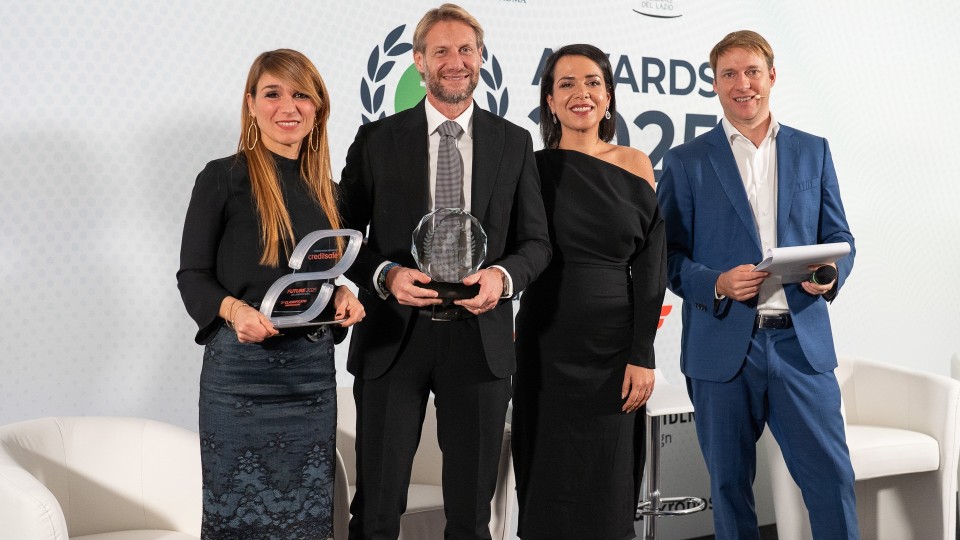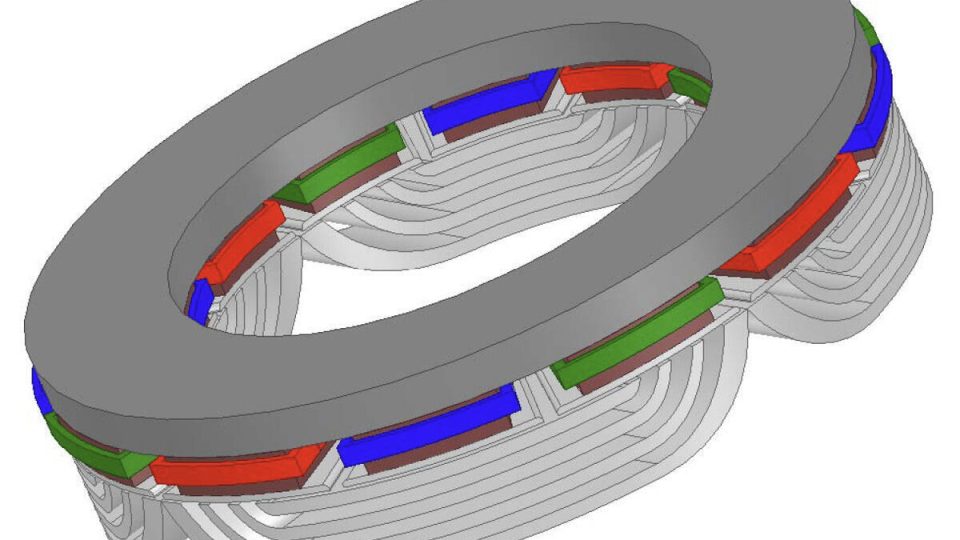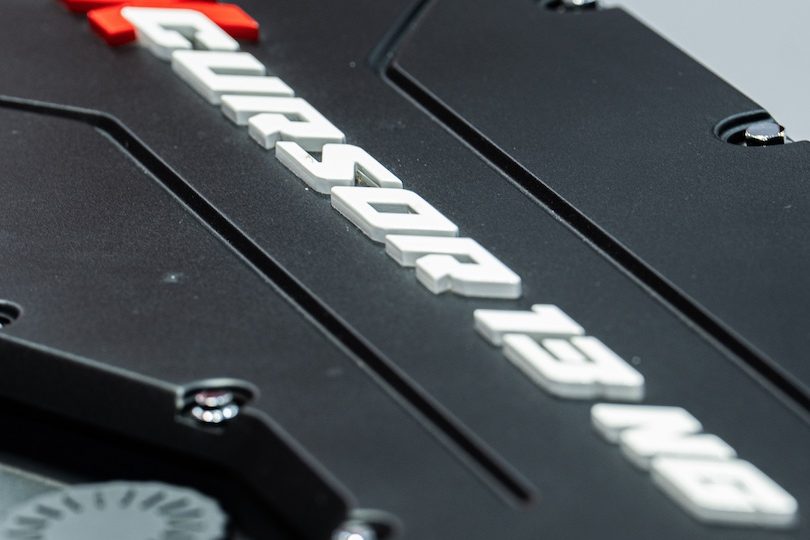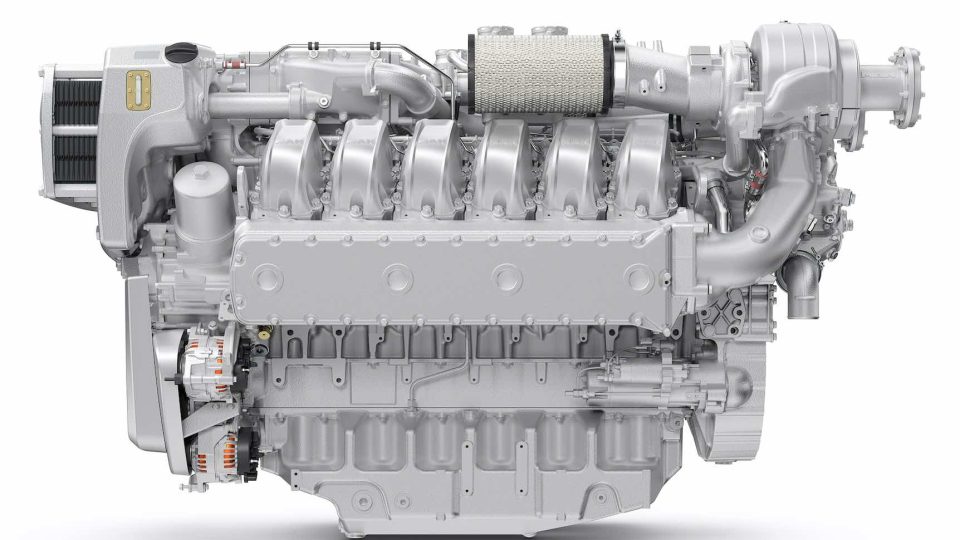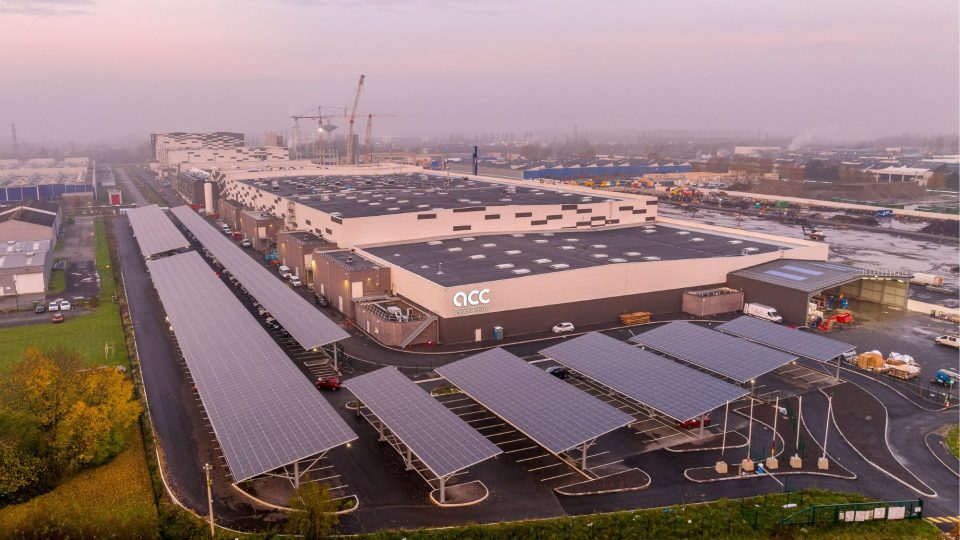Mahle and ammonia: the REACT project
Mahle Powertrain drives the development of ammonia combustion for heavy duty engines
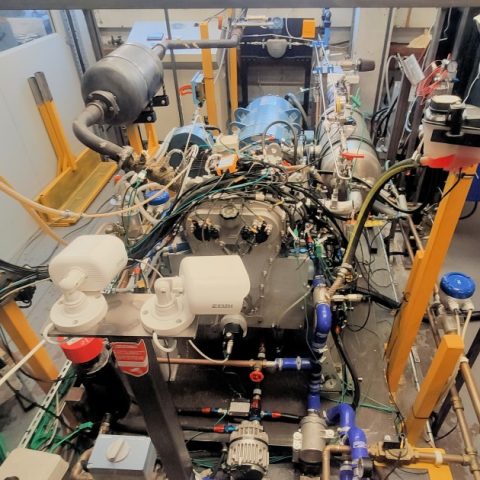
Mahle is a cornerstone of the REACT project, aimed at developing a mono-fuelled ammonia generator set for maritime applications. Ammonia lies at the heart of current development programs. According to GlobalData’s Strategic Intelligence Report, “Ammonia and Methanol in Energy Transition” — which we will explore later — low-carbon ammonia capacity is expected to reach nearly 250 million tonnes per annum (mtpa) by 2030, with more than 460 new plants planned worldwide.
Low-carbon methanol is projected to follow a similar trajectory, with the number of plants approaching 150 by 2030. However, many projects are still at an early stage of development, with some hydrogen-related initiatives already facing delays or cancellations.
Decarbonization for ICE in the maritime sector
Mahle is part of a UK consortium with Clean Air Power, Johnson Matthey, AFC Energy and the University of Nottingham, working on next-generation zero-carbon power for maritime. The German company contributes its expertise in spark-ignition engine conversion, advanced combustion development and integrated fuelling and emissions control. The retrofit solution aims to convert existing diesel engines to run on ammonia, enabling zero-carbon operation with clean and safe exhaust emissions.
Back in September 2024, POWERTRAIN International covered the cooperation between Bruno Generators Group and Liebherr on an original equipment application with ammonia, unveiled at MINExpo 2024 in Las Vegas (USA). You can find the full article HERE.
Mahle’s role in ammonia injection technology
In the UK, new legislation is phasing out red diesel across most sectors to support climate targets. As part of a BEIS-funded project under the £1 billion Net Zero Innovation Portfolio, MAHLE Powertrain, together with Clean Air Power and the University of Nottingham, is developing ammonia-based combustion technologies for heavy-duty applications.
Two main approaches are under study: a near-term dual-fuel retrofit for a six-cylinder genset engine, and a mono-fuel solution using Mahle Jet Ignition to achieve clean, efficient ammonia combustion without fossil ignition sources. Research also explores blending small amounts of hydrogen to improve performance.
The project highlights ammonia’s potential as a readily available, zero-carbon fuel for hard-to-electrify industries, with results expected in early 2023.
Jonathan Hall, MAHLE Powertrain’s Head of Research & Advanced Engineering Projects
“Off-highway industries such as mining, quarrying and construction remain a significant challenge in the transition towards a more sustainable transport sector.
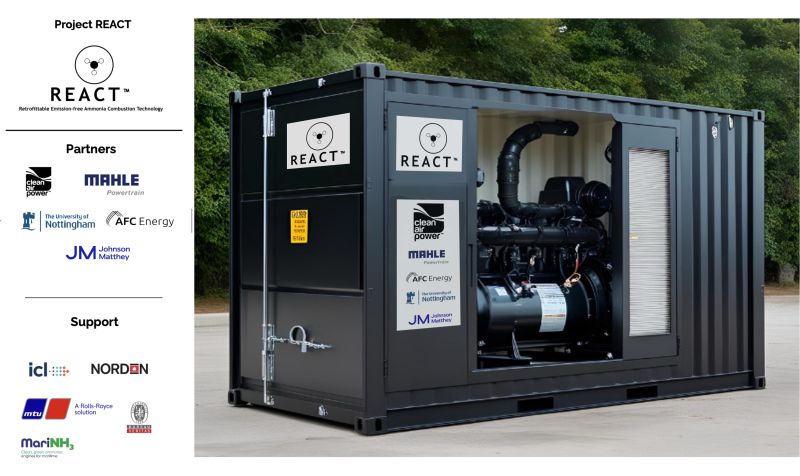
“These sectors have demanding energy and utilisation requirements and are often in hazardous environments far from a power grid connection, making them difficult to electrify. Exploring other power sources such as ammonia has considerable potential, especially because there’s the opportunity to decarbonise the large numbers of vehicles and equipment already in operation and using diesel.”
According to GlobalData
Ravindra Puranik, Oil and Gas Analyst at GlobalData, comments: “Low-carbon ammonia and methanol could complement the energy transition by acting as fuels and hydrogen carriers, but their role is far from guaranteed. Cost competitiveness, safety standards, and infrastructure development will be critical. Without supportive regulation and faster project execution, many of the current net-zero ambitions may not translate into reality.”
Demand for low-carbon ammonia and methanol is being driven by industries such as shipping, power generation, fertilizers, and chemicals, which see them as pathways to decarbonize existing operations. The report also highlights that low-carbon ammonia and methanol are closely tied to the scaling of hydrogen, acting as carriers for transport and storage. However, their future depends on stronger infrastructure commitments, technology advancements, and regulatory push. Shipping is seen as the most immediate opportunity, but significant investment and regulatory clarity are required to move beyond pilots.
Puranik concludes: “Low-carbon ammonia and methanol initiatives had a promising start earlier this decade. However, the pace of development is already slowing, with some high-profile hydrogen projects seeing cancellations or postponement. Combined with high production costs and technical challenges in handling, this raises doubts about whether low-carbon ammonia and methanol can achieve the scale once envisioned. These challenges underline the gap between announced capacity and what will realistically materialize by 2030.”

